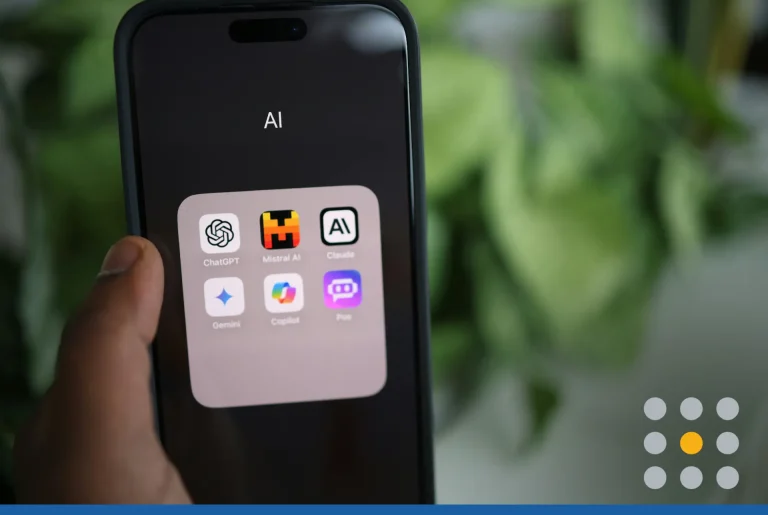As a business owner, you can’t afford to neglect social media. Social networking platforms such as Facebook and Instagram are, for a growing number of people, the primary point of contact with the businesses that they use.
As a small business owner, though, your time and resources are limited. While large companies can employ dedicated social media teams to maintain an active presence on all of the major platforms, smaller businesses need to be more focused: you need some online presence, but having accounts that you never update looks unprofessional.
With so many different social media platforms to choose from, which ones should you target? As with every other kind of marketing, you want to go where your clients are. Different social media platforms have different numbers of users and attract different demographics. Targeting your social media efforts appropriately will give you bigger results for the same investment.
Let’s start with the big one. With over 1.5 billion monthly active users, Facebook is far and away the world’s largest social media platform. Moreover, it has plenty of cross-demographic appeal. It appeals to both men and women, all ethnicities use it heavily, and its usership drops off with age more slowly than Twitter’s or Instagram’s. The site makes it easy to set up a page for your business, and easy for your customers to find it once it is created. If you can only choose one social media site to build a presence on, choose Facebook.
Twitter is arguably a declining platform. Its usership dropped off slightly in Quarter 4 of 2015. However, it remains an important space for businesses to interact with the public. The 140 character limit might make it difficult to broadcast your whole sales pitch, but it’s a good platform for answering customer questions, sharing viral pictures or videos, engaging your existing fans and targeting influencers. If you have a company blog or vlog, Twitter is also a great place to signal boost by sharing links. If you’re good at creating short, shareable content, Twitter is your platform.
Twitter is especially useful for one time events or businesses without a fixed location. If you run a food truck, use Twitter to tell your followers where you will be at lunchtime. If you have a big promotion coming up, tweet it. If you’re opening a pop-up store for a week, give it its own hashtag.
Instagram and Pinterest
These two highly visual platforms have a lot in common. Their user base tends to be female, although more so for Pinterest which has around four women to every man, and young, although more so for Instagram. Instagram’s mobile-only presence makes it a great way to target the smartphone generation. If your product or service is nice to look at, it belongs here. Photographers, fashion boutiques, travel companies, florists and wedding planners can achieve a huge amount of traction by using these platforms to post professional images. The rise of the “food selfie” also makes Instagram an attractive choice for restaurants and cafes. Small businesses selling less visually appealing products should look elsewhere, but if you’re in the right niche, you need to be on at least one of these platforms.
It isn’t always thought of as a social media platform, but the world’s largest professional networking site is a goldmine for the right business. If your business focuses on business-to-business sales, LinkedIn puts you in touch with millions of potential buyers (and potential employees, too). The built-in publishing platform also makes it a powerful space for business-to-business content marketing. Writing and sharing articles related to your field is a great way to demonstrate expertise and generate leads. Just don’t try to share the same content that you posted on Instagram.








